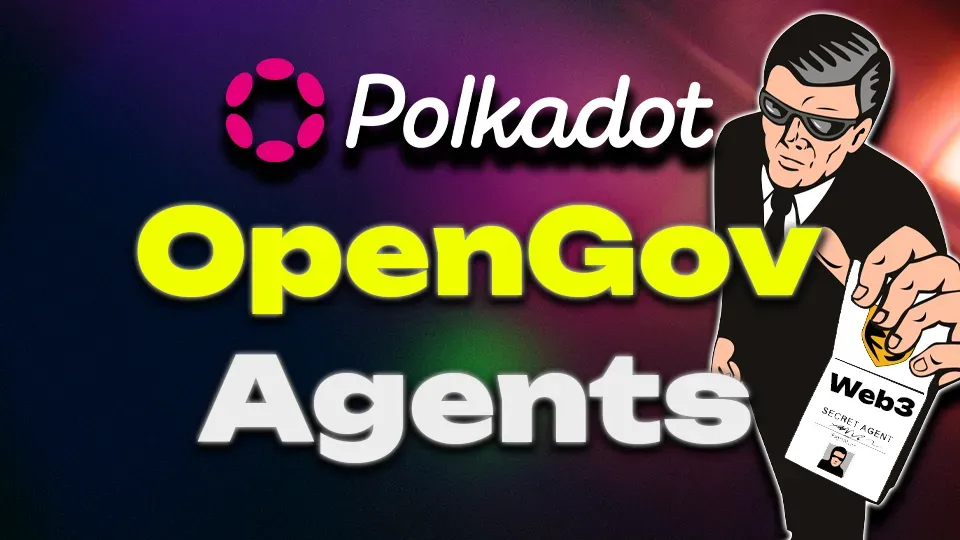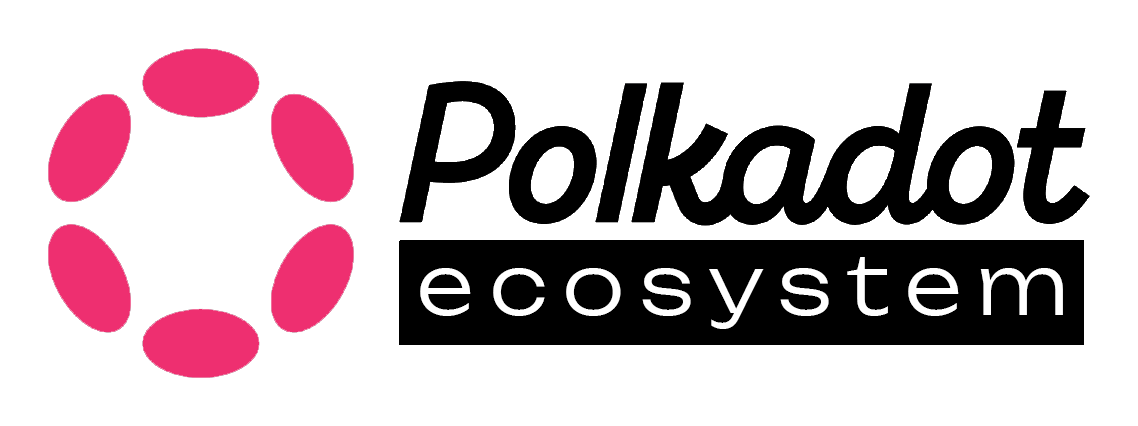Searching for Proactive Polkadot Ecosystem Agents

The Polkadot ecosystemis experiencing a pivotal moment as OpenGov, the network’s decentralized governance model, gains increased attention and scrutiny. While recent discussions have often focused on the challenges and potential restructuring of the system, it is essential to emphasize actionable strategies that empower individuals to contribute meaningfully to the network’s growth. This article explores the current landscape of OpenGov and highlights opportunities for entry-level agents to make a tangible impact.
The Evolution of OpenGov in Polkadot
OpenGov represents Polkadot’s commitment to a truly decentralized and participatory governance model. By allowing stakeholders to directly influence the network’s decision-making processes, OpenGov ensures that the ecosystem evolves in a way that reflects the collective will of its community. However, as with any innovative system, OpenGov has faced its share of growing pains, leading to a surge in discussions about its future.
Recent conversations within the Polkadot community have often been dominated by complaints and suggestions for overhauling the system. While such discourse is a natural part of any evolving ecosystem, it is crucial to move beyond criticism and focus on constructive actions that drive progress. This is where entry-level agents can play a vital role.
This topic was raised at first at the Polkadot Forum by the user Juba K, this article only tries to expand and make more accesible the original disccusion.
The Importance of Accountability in OpenGov
One of the key challenges within OpenGov is ensuring accountability. As the number of proposals submitted to the governance system increases, so does the need for mechanisms that track and evaluate the impact of these initiatives. In response, several accountability frameworks have been developed, including OpenGov.Watch and Polkadot OG Tracker. These tools provide transparency by allowing the community to monitor the progress and outcomes of approved proposals.
Furthermore, Polkadot governance forums and platforms like Polkassembly and SubSquare have implemented updates to make proposal requirements more stringent and informative. By raising the bar for proposal submissions, these platforms help ensure that only well-considered and impactful initiatives are put forward, ultimately benefiting the entire ecosystem.
Shifting from Talk to Action: Opportunities for Entry-Level Agents
For the Polkadot ecosystem to thrive, it is essential to move beyond mere discussion and embrace a more action-oriented approach. This sentiment is echoed by ecosystem participants, who emphasize that real progress is achieved through tangible contributions rather than endless debates.
Entry-level agents within the Polkadot network are uniquely positioned to drive this shift. By actively engaging in activities that promote the network’s growth, such as forming partnerships, promoting Polkadot’s value proposition, and contributing to the development of the ecosystem, these individuals can make a significant impact.
Examples of Proactive Engagement in the Polkadot Ecosystem
Several recent examples illustrate the potential for proactive engagement within the Polkadot ecosystem:
- Avalanche DEX Reaching Out to Polkadot: The collaboration between Avalanche and Polkadot demonstrates the value of cross-chain partnerships. By reaching out to other networks and establishing connections, entry-level agents can play a crucial role in expanding Polkadot’s influence.
- TokenTerminal’s Integration of a Polkadot Dataset: The integration of Polkadot data by TokenTerminal highlights the growing interest in Polkadot’s ecosystem. Entry-level agents can contribute by identifying and pursuing similar opportunities for collaboration and integration.
- MapMetrics Moving to Peaq: This example showcases the potential for projects to migrate to Polkadot or its related networks. By promoting the advantages of Polkadot, entry-level agents can encourage more projects to make similar moves.
- GrupoFlow Signing with Tanssii: The partnership between GrupoFlow and Tanssii reflects the ongoing expansion of Polkadot’s ecosystem. Entry-level agents can facilitate such partnerships by reaching out to potential collaborators and showcasing the benefits of joining the Polkadot network.
- The Mythical Migration: The collaboration between Mythical Games and Polkadot is a prime example of how strategic partnerships can drive ecosystem growth. Entry-level agents can replicate this success by identifying and pursuing similar opportunities.
Seizing the Opportunity: The Role of Entry-Level Agents in OpenGov
The current landscape of OpenGov presents a unique opportunity for entry-level agents to make their mark on the Polkadot ecosystem. With the recent focus on Treasury spending and the increased attention on governance activities, there has never been a better time to get involved.
By taking the initiative to engage with other networks, protocols, and projects, entry-level agents can contribute to Polkadot’s growth while also positioning themselves for future opportunities. Whether through cold calling, emailing, or setting up partnerships, the possibilities are endless for those willing to put in the effort.
Conclusion: A Call to Action for the Polkadot Community
The future of Polkadot’s OpenGov system depends on the collective efforts of its community. While discussions and debates are a natural part of the governance process, it is crucial to transition from talk to action. Entry-level agents have a unique opportunity to contribute to the ecosystem’s growth by actively engaging in activities that drive progress.
As the Polkadot community continues to evolve, the role of entry-level agents will become increasingly important. By taking proactive steps to promote and expand the network, these individuals can help shape the future of OpenGov and ensure that Polkadot remains at the forefront of the blockchain industry.
- Follow the discussion in the original forum post.

